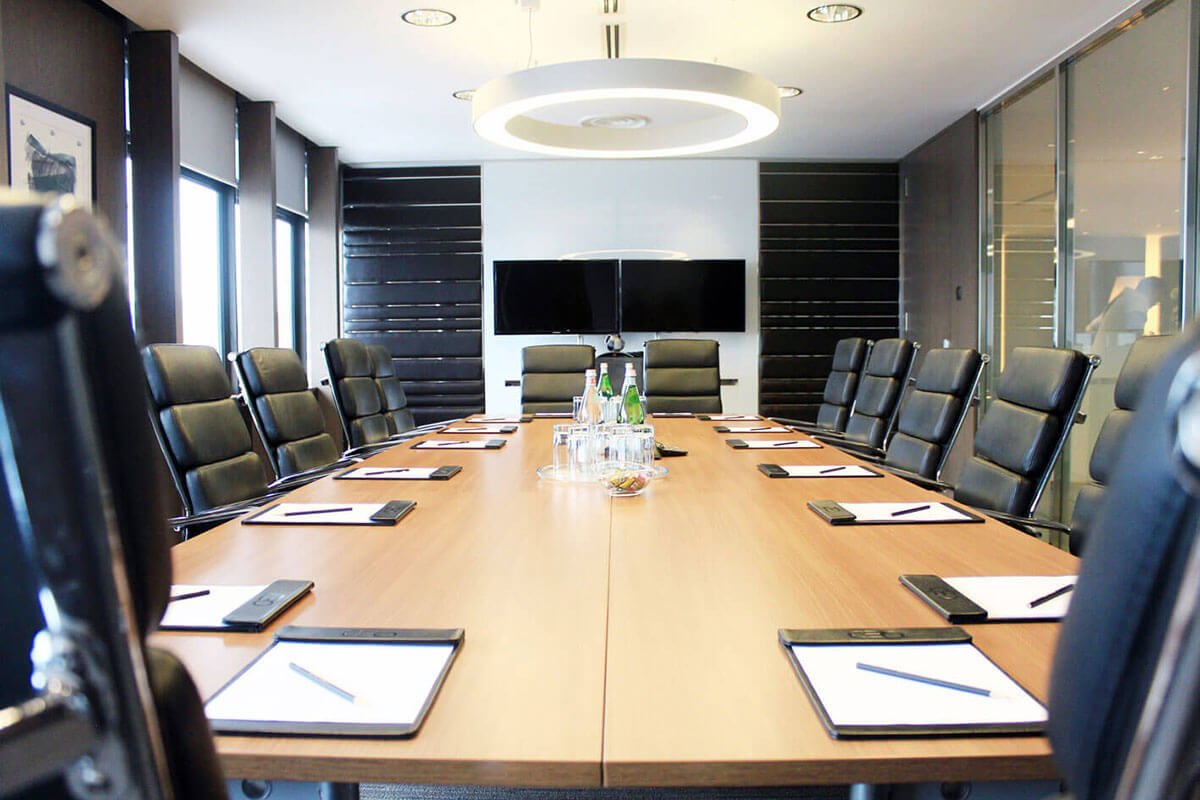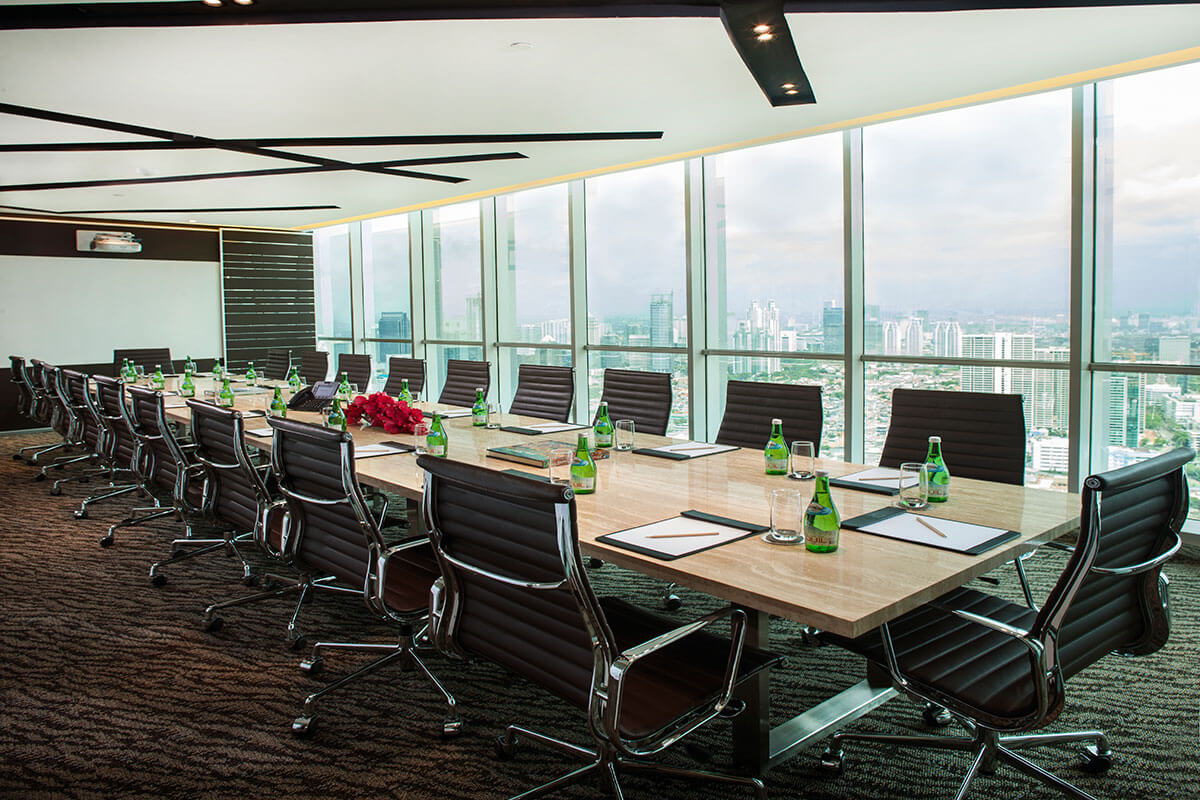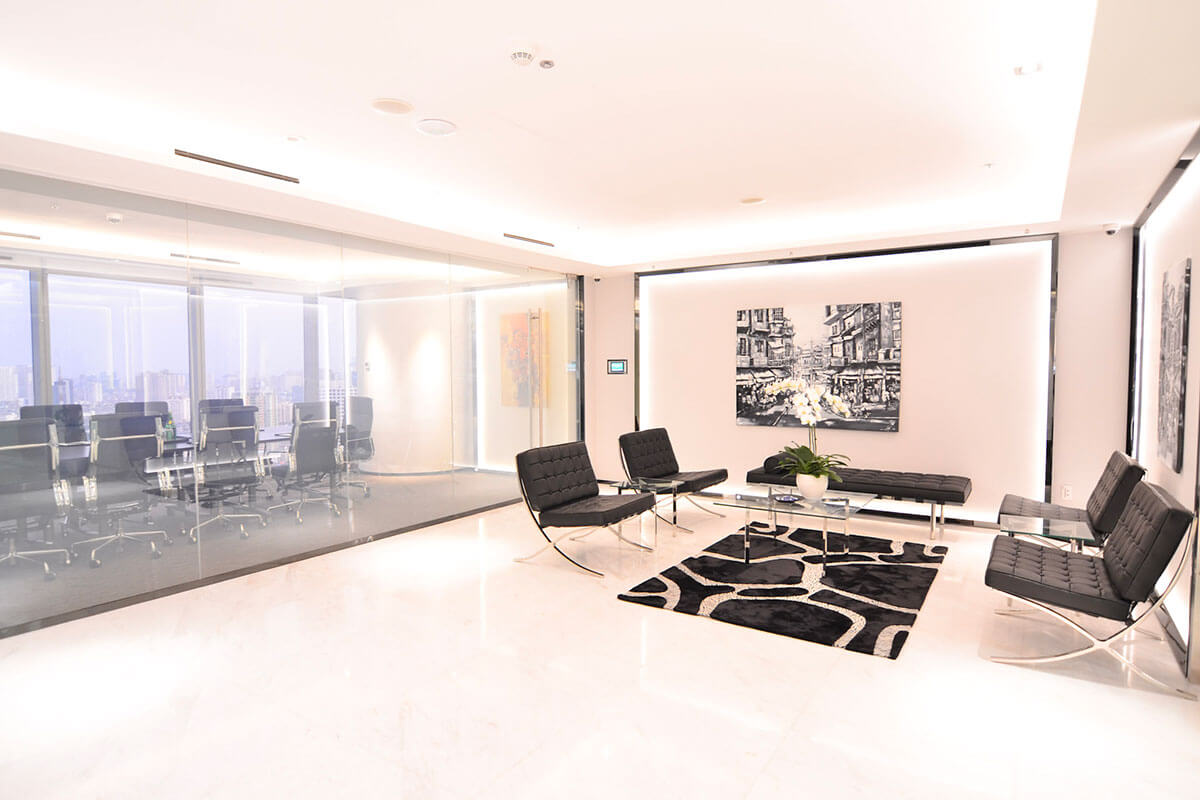Women Build for Women
Amidst Jakarta’s glossy skyscrapers, malls and modern buildings lie numerous slum areas. There, the poverty-stricken live in their ramshackle homes, a common sight in Jakarta as well as many other regions of the country.
With the poverty rate hovering at 14 percent, Indonesia’s women represent some of the most vulnerable poor in the country due to their limited input and influence over national development programs, policies and laws. Often with children to care for, they are in dire need of decent housing and access to basic services such as sanitation and clean water. To tackle this often overlooked issue, three Jakarta-based women have established a nonprofit organization called Women Build for Women (WBFW), which aims to make the lives of financially disadvantaged Indonesian women a little easier.
According to the International Labor Organization, Indonesian women make up 65 percent of the country’s informal sector, where they earn low wages, lack job security and social security benefits.
WBFW, set up by an Indonesian, an American and a Mexican in 2009, works to alleviate some of the hardships faced by many Indonesian women.
However, rather than wielding power tools, the women behind the organization — Marlene Setiyadi, Urai Rogers and Melba Pria — are using their financial prowess and large social networks to raise funds and carry out advocacy work to influence public policies on poverty alleviation. Both Marlene and Rogers are top-level business executives, while Pria is the Mexican ambassador to Indonesia.
“WBFW is very committed to empowering and mobilizing marginalized women to make a difference in their lives, families and communities,” Marlene said.
In 2010, WBFW plans to build community centers and housing for impoverished women in Bali and Cilegon, in Banten, in partnership with Habitat for Humanity — a nonprofit, nondenominational Christian housing organization building simple, decent and affordable housing for people in need
According to WBFW, the planned community centers will provide women with space where they can hold classes, sew, receive health-related training and attend to their micro-financing needs.
The organization needs to raise Rp 400 million to Rp 500 million ($45,000 to $55,000) for the Cilegon and Bali projects, which they estimate will impact a minimum of 320 lives.
As well as covering the cost of the community centers, the funds will provide new homes for 10 families, housing improvements for 50 families, sanitation for 20 families as well as community-based training for locals.
“We plan to build homes for marginalized women in the low-income bracket. We target those who are unable to look after themselves, such as women who have been through natural disasters, are afflicted with illness, divorced or unable to continue their business because they lost money,” Marlene said.
To raise funds for the WBFW projects, a charity tea party organized by Noni Purnomo, vice president of the Blue Bird Group, was held at the Grand Hyatt Hotel in South Jakarta last Thursday. High-profile local and expatriate businesswomen and socialites dressed in their colorful cocktail best to attend the event.
Noni’s reason for arranging the charity fund-raiser is simple — she wants to see the WBFW projects implemented as soon as possible.
“Instead of just donating a certain amount of money [to WBFW], I am able to do more by investing my donation in making a charity event,” she said. “In this way, the foundation not only gets more [funds] than I can give alone, but the project will be better known.”
Mee Kim, vice president of the Korean Chamber of Commerce and president of the Korean Rotary Club, who attended last week’s event, views the Cilegon and Bali projects as a good opportunity for the Korean community to get involved in local issues. “Koreans have been doing business in Indonesia for a long time but have not had much of a chance to link themselves to the local community,” she said.
Lilian Khaw, CEO of Gordon Max, a diamond simulant company, who also attended the event, said that any act of philanthropy, no matter how big or small, makes a difference.
“It doesn’t matter what the amount is as long as it’s from the heart,” she said.
Fifi Rashando, chief operating officer of Habitat for Humanity, sees a positive change in the way Indonesian women are now taking charge of their lives.
“In the past, volunteers in Indonesia provided hands-on field assistance [for Habitat for Humanity projects]. But now, Indonesia has more influential women who are interested in helping. Local women are also now more involved in advocacy work and in building awareness,” she said.
WBFB is hoping to implement similar projects in Yogyakarta and Papua within the next two years.
In 2008, the State Ministry for Public Housing estimated that Indonesia required 8.1 million housing units.
By Titania Veda
http://www.thejakartaglobe.com/lifeandtimes/women-build-for-women/380258
Apr 26, 2013




 English
English
 Bahasa
Bahasa
 日本語
日本語
 한국어
한국어
 tiếng Việt
tiếng Việt
 中文
中文






